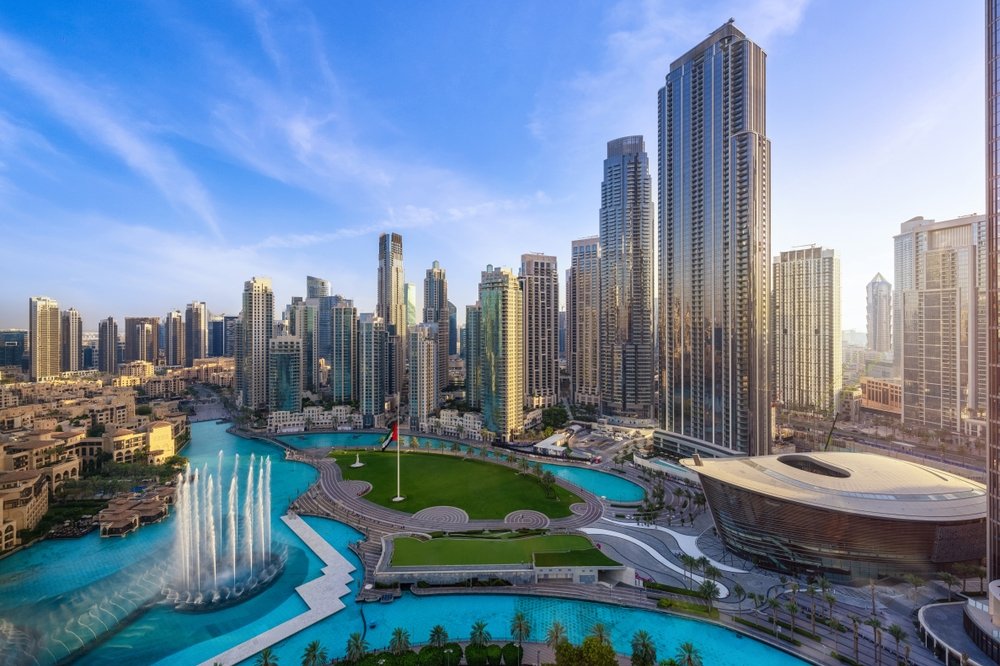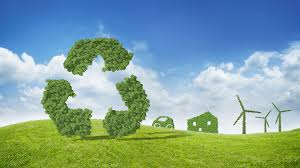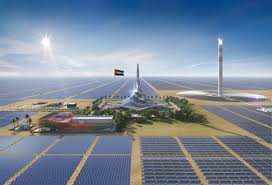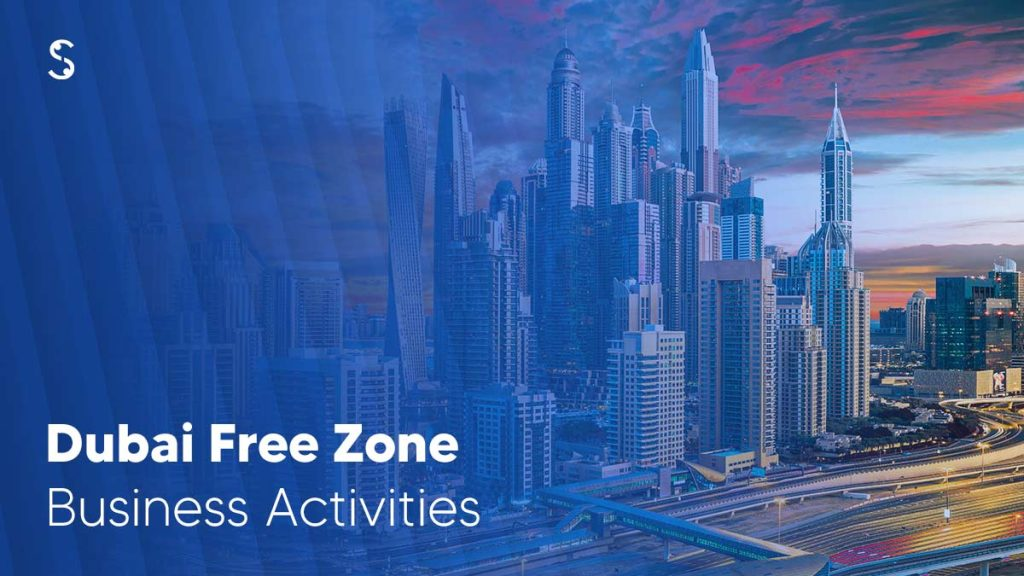Now Reading: “How Dubai’s Smart Energy Grids Are Shaping a Sustainable Future 2025”
-
01
“How Dubai’s Smart Energy Grids Are Shaping a Sustainable Future 2025”
“How Dubai’s Smart Energy Grids Are Shaping a Sustainable Future 2025”

Table of Contents
Dubai is racing towards a smarter, greener, and more sustainable future, and its energy sector is leading the charge. With increasing demand for electricity, climate change concerns, and rapid urban growth, the city is investing heavily in smart energy grids and sustainable solutions. These innovations are not only meant to meet the rising energy needs but also to align with the Dubai Clean Energy Strategy 2050 and the UAE Net Zero by 2050 strategic initiative.
What Are Smart Energy Grids?

A smart grid is an electricity network that uses digital technology to monitor, control, and manage the production and distribution of electricity. Unlike traditional grids, smart grids allow two-way communication between power suppliers and consumers. This technology helps in detecting faults quickly, reducing energy losses, and managing energy demand more efficiently.
For Dubai, smart energy grids represent a critical part of building a sustainable power infrastructure. They are designed to integrate renewable energy sources like solar power while providing real-time data and analytics to both energy producers and consumers.
Why Does Dubai Need Smart Energy Grids?
Dubai’s population is growing rapidly. Its position as a global hub for tourism, business, and innovation also demands a reliable and efficient energy supply. At the same time, the city has set ambitious goals to reduce its carbon footprint and promote clean energy.
Without smart grids, Dubai’s power network would struggle to handle the increasing demand, especially during the peak summer months when energy usage spikes due to air conditioning. Smart grids make it possible to balance supply and demand dynamically, ensuring uninterrupted power without excessive strain on the system.
Sustainable Solutions Driving the Energy Transition

- Renewable Energy Integration:
Dubai is investing in large-scale solar power projects such as the Mohammed bin Rashid Al Maktoum Solar Park, one of the biggest in the world. Smart grids make it possible to incorporate this renewable energy seamlessly into the city’s power supply, reducing dependency on fossil fuels. - Energy Storage Solutions:
One challenge of renewable energy is its intermittent nature. Solar power depends on the availability of sunlight. Energy storage systems like batteries are essential, and smart grids can manage these storage systems efficiently to ensure consistent energy availability. - Demand Response Management:
Smart grids allow real-time communication between consumers and utility providers. During times of high demand, consumers can be encouraged (or even automatically adjusted) to reduce usage, preventing blackouts and grid overloads. - Electric Vehicle (EV) Charging Networks:
As more residents and businesses in Dubai adopt electric vehicles, smart grids help manage the increased load from EV charging stations without causing disruptions to the power supply. - Decentralized Energy Production:
Smart grids enable the use of small-scale energy producers, such as households and businesses with rooftop solar panels, to feed excess electricity back into the grid, creating a more distributed and resilient energy network.
Government Initiatives and Vision
Dubai’s government has made smart energy and sustainability key priorities. The Dubai Clean Energy Strategy 2050 aims to provide 75% of the city’s energy from clean sources by mid-century. Projects like the Dubai Electricity and Water Authority (DEWA)’s Smart Grid Initiative are laying the foundation for this vision.
The city’s comprehensive approach includes:
- Smart Meters: Already deployed in many areas, smart meters allow residents to monitor their energy use in real time, helping them reduce waste and cut costs.
- Smart Substations: DEWA is developing fully automated substations that can detect faults and restore service without human intervention.
- AI and Big Data: By analyzing massive amounts of energy data, authorities can predict demand patterns and optimize energy distribution more efficiently than ever before.
Challenges on the Road to Sustainability
While the benefits are clear, the transition to smart energy grids is not without challenges. Upgrading the existing grid infrastructure requires heavy investments. Cybersecurity is another concern; as grids become more connected, they become potential targets for cyber-attacks. Dubai is addressing these risks with strict cybersecurity protocols and investments in grid protection technologies.
Another hurdle is public awareness. For smart grids to deliver full benefits, consumers must also change their behavior, adopting energy-saving habits and supporting the use of renewable energy sources.
What the Future Holds
Dubai’s energy transformation is already showing results. The city has attracted international attention for its ambitious green projects, and global tech companies are partnering with local authorities to deliver cutting-edge grid solutions.
In the near future, residents of Dubai may experience:
- Lower energy bills due to efficient energy management.
- Fewer blackouts and power interruptions.
- Easy integration of home-based solar panels and electric vehicle chargers.
- Real-time control over their energy use via smartphone apps.
With these advancements, Dubai is not just planning for the future; it is actively building it. The city’s bold investments in smart grids and sustainable solutions are setting a global example of how to balance economic growth with environmental responsibility.
Conclusion
Dubai’s journey towards a smarter and greener energy system is well underway. By embracing smart grids, renewable energy, and innovative technology, the city is turning its vision of a sustainable future into reality. While challenges remain, the progress so far is impressive and signals that Dubai’s power infrastructure will soon be among the most advanced in the world.
For residents, businesses, and future investors, this means a more reliable, cost-effective, and environmentally friendly energy experience — a win for both the economy and the planet.
Read More:- Shobha Realty Launches Its Most Luxurious Project Yet—Full Details Inside 2025





















